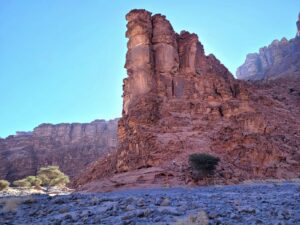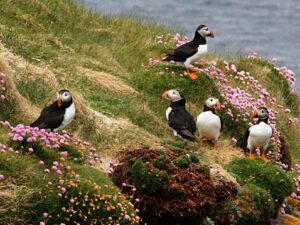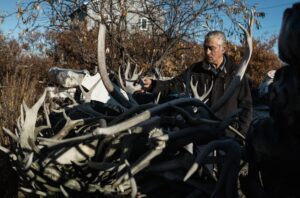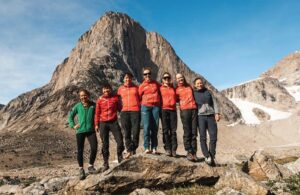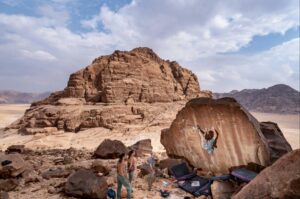When we’re not outdoors, we get our adventure fix by exploring social media and the web. Sometimes we’re a little too plugged in and browsing adventure reads can turn from minutes to hours. To nourish your own adventure fix, here are some of the best adventure links we’ve discovered this week.
The World’s Most Dangerous Mountains: Each year an estimated 300,000 smugglers, known as ‘kolbars’, haul millions of pounds of contraband from Iraq to Iran over the 4,300m peaks of the Zagros Mountains. More than 50 of them will die — shot dead, killed in accidents, or frozen to death. Countless more will be arrested and imprisoned.
Living Maps of Patagonia: Toward a New Future of Exploration: It’s a mistake to think that since the whole planet is at our fingertips on Google Earth, there is nothing left to discover. Exploration has many dimensions, most of them hidden to those who only look from afar.
A Country Being Unified Through Hiking: Decades after a civil war littered its landscape and scarred its national psyche, Lebanon is using hiking to teach tourists about the country, and its people more about themselves.
Bound for Everest

First All-Black American Expedition To Climb Everest: It’s easy to dismiss this expedition as a PR exercise, but people of color often have less opportunity in education, work, and play. This all-black crew is heading to Nepal in a few months to show how the times are changing.
Into The Wilderness: Welcome to Canada’s Newest Trail: Some 16 years ago, a Canadian hiker decided to create a long-distance trail on Vancouver Island. Today, the 800km trail is almost complete, winding through mountains, along logging roads, past rugged coastlines, and through the territories of 49 First Nations.
The Climate Crisis
The Climate Crisis and the Future of Mountaineering: Global leaders convened in Glasgow to do, well, nothing really, to tackle climate change. So while they ‘blah blah blah’, what can the climbing community do in the meantime to tackle the climate and ecological crisis?
The Enormous Hole That Whaling Left Behind: In the 20th century, the largest animals that have ever existed almost stopped existing. Baleen whales — the group that includes blue, fin, and humpback whales — had long been hunted. But as whaling went industrial, hunts became massacres.
Notes From The North — Climate Research on Ellesmere Island: The vast, remote Arctic helps keep the Earth’s climate in balance. However, climate change has caused the Arctic to warm significantly over the past several decades. Here is some data from the second most northern land on Earth.

